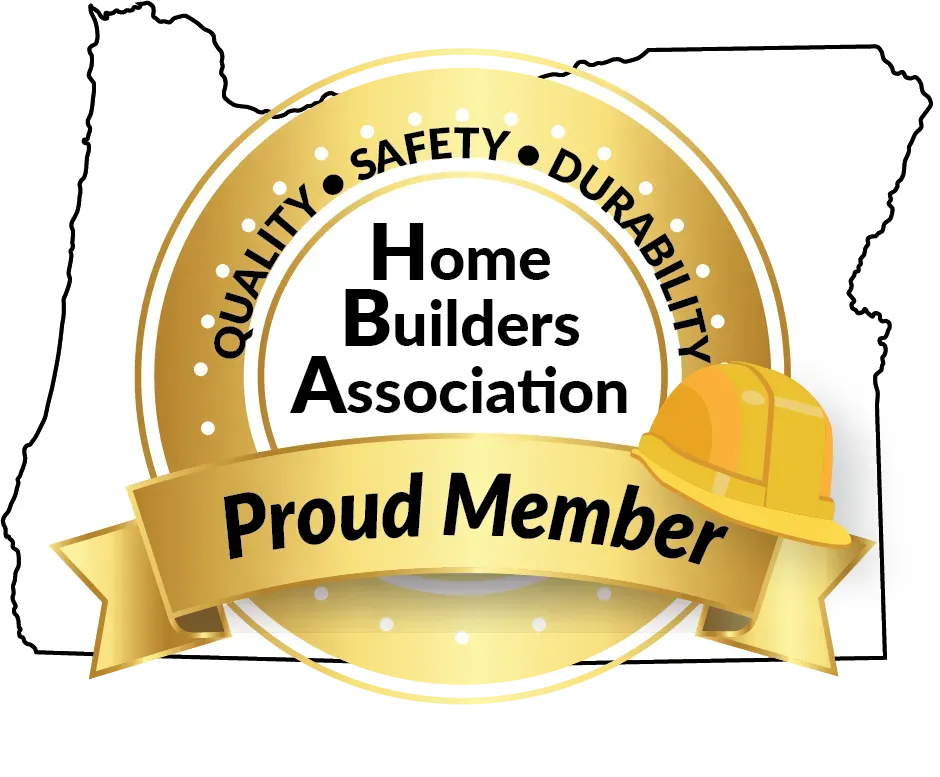Trench and Excavation Competent Person Training In-person or Online Newport OR
Enhancing Safety in Trenching and Excavation: OSHA Standard 1926.650-652 Training
Safety training is a vital element of any robust safety initiative. Inadequately trained personnel face heightened risks of fatal incidents and injuries. Our training program aligns with OSHA and MSHA standards, ensuring comprehensive coverage. Additionally, we conduct on-site visits as part of our safety regimen, incorporating real-world experiences into classroom discussions. Notably, excavation accidents exhibit a 112% higher fatality rate compared to general construction incidents.
For those falling under MSHA part 46, we offer New Miner and Annual training programs. Our curriculum delves into essential aspects, such as comprehending OSHA safety mandates for trench and excavation work, recognizing diverse soil types, and understanding the duties of a Competent Person—a role crucial in construction safety.
Our training encompasses the following key areas:
- Key Definitions
- OSHA Excavation Standard Requirements
- Identification of Trenching and Excavation Hazards
- Understanding Hazards Associated with Underground Utilities
- Addressing Vehicle Hazards in Proximity to Excavations
- Requirements for Shoring, Benching, or Sloping
- Other Hazards Inherent in Trenching and Excavations
- Comprehensive Soil Testing, Access, and Egress Procedures
Our emphasis is on catering to the practical needs of the end-user. By successfully completing our program, participants earn a Trench and Excavation Competent Person certificate, validating their expertise in ensuring safety within excavation environments.
Additional Benefits
We offer Continuing Certification Credits (CCB, LCB, MSHA) for this course completion in Oregon, enhancing the value of our class training programs for professionals seeking to maintain various certifications.
Tench and excavation training is crucial for employees for several reasons:
Safety
- Preventing Accidents: Proper training ensures that employees understand the hazards associated with trenching and excavation, reducing the risk of accidents and injuries.
- Compliance with Regulations: Training helps ensure that employees follow safety regulations and standards set by organizations such as OSHA (Occupational Safety and Health Administration).
- Proper Use of Equipment: Employees learn how to correctly use and maintain equipment, minimizing the chances of equipment failure that could lead to accidents.
Efficiency
- Improved Productivity: Well-trained employees can perform tasks more efficiently, knowing the best practices and techniques for trenching and excavation.
- Minimized Downtime: Proper training helps avoid mistakes that could cause project delays, ensuring that work proceeds smoothly and on schedule.
Cost-Effectiveness
- Reduced Repair Costs: Training helps prevent damage to equipment and infrastructure, reducing repair and replacement costs.
- Avoiding Penalties: Ensuring compliance with safety standards helps avoid fines and penalties associated with violations.
Environmental Protection
- Minimizing Impact: Training includes understanding how to minimize environmental impact, protecting local ecosystems and preventing soil erosion and water contamination.
Legal and Ethical Responsibility
- Duty of Care: Employers have a legal and ethical responsibility to provide a safe working environment. Proper training helps fulfill this duty, demonstrating a commitment to employee welfare.
- Emergency Preparedness: Employees are trained to respond effectively in case of emergencies, ensuring quick and safe resolution of any incidents.
Reputation
- Building Trust: A company that prioritizes safety and training builds trust with its employees, clients, and the community.
- Attracting Talent: Providing comprehensive training can attract skilled workers who value safety and professional development.



